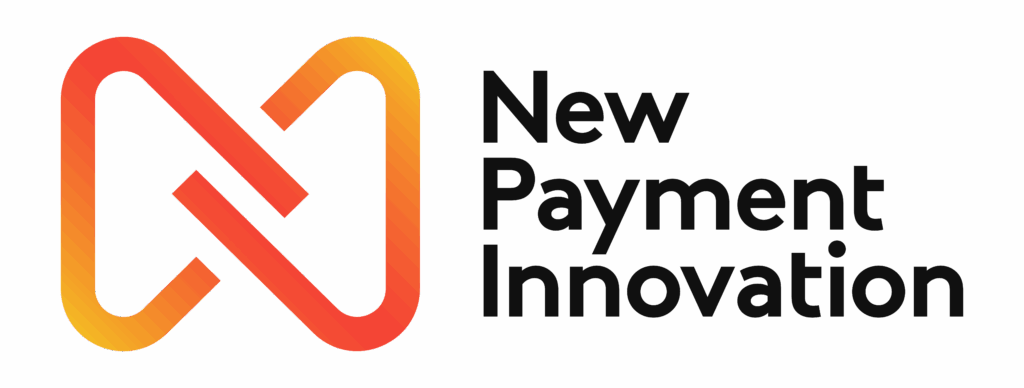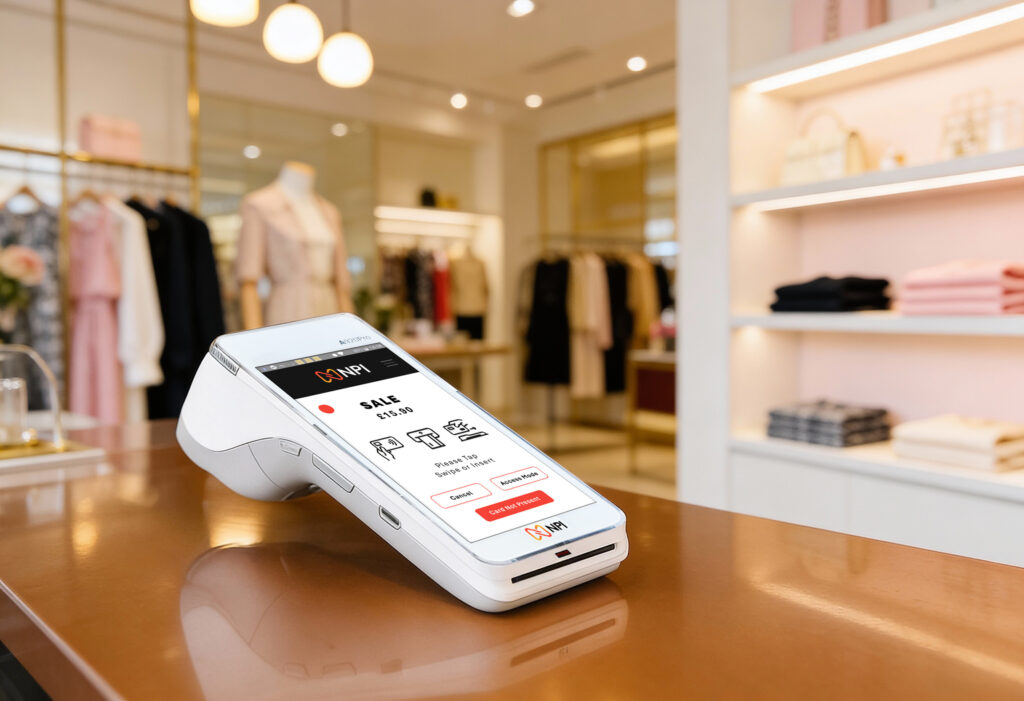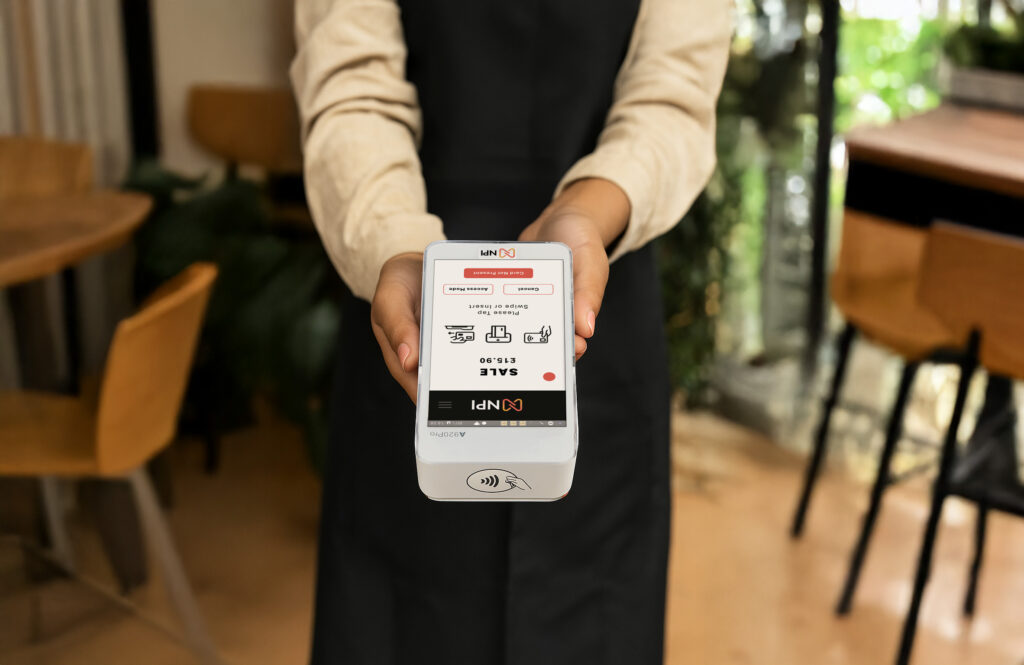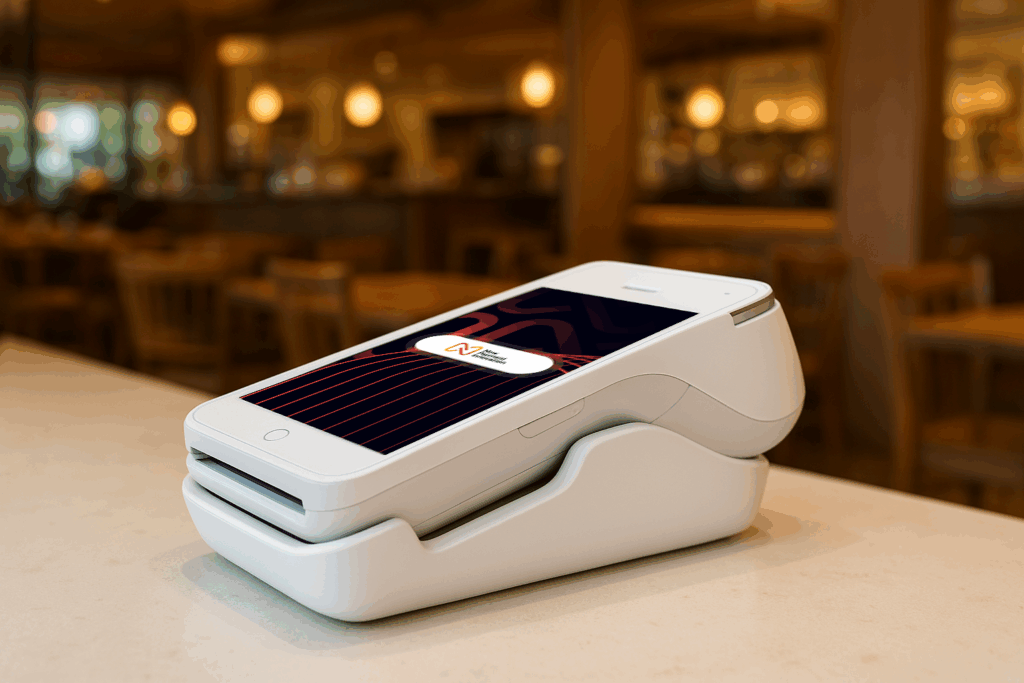In today’s cashless economy, having the right card machine for your small business isn’t just an advantage—it’s essential for survival. With 40% of UK micro businesses still not accepting card payments despite 47% of shoppers preferring digital payments, there’s never been a better time to invest in a reliable payment solution.
The UK cards and payments market is projected to grow from £544.75 billion in 2025 to £1,292.04 billion by 2033, making it crucial for small businesses to position themselves at the forefront of this digital transformation. Whether you’re running a café in Manchester, a retail shop in Birmingham, or providing mobile services across London, choosing the right card machine can dramatically impact your bottom line.
This comprehensive guide explores the best card machines for UK small businesses in 2025, comparing features, costs, and benefits to help you make an informed decision that drives growth and customer satisfaction.
Why Your Small Business Needs a Card Machine
The shift towards cashless payments has accelerated dramatically in recent years. Debit card usage is projected to make up 42% of consumer payment volumes in the UK, with over 16 billion transactions annually. For small businesses, this represents both an opportunity and a necessity.
Customer Expectations Have Changed
Modern consumers expect payment flexibility. It’s estimated that over 90% of consumers make contactless payments at least once a month or more frequently. By not accepting card payments, you’re potentially turning away the majority of your potential customers.
Increased Sales and Average Transaction Values
Businesses that accept card payments typically see higher average transaction values compared to cash-only establishments. Customers tend to spend more when they’re not limited by the cash in their wallets, and the convenience of contactless payments encourages impulse purchases.
Improved Cash Flow Management
Card payments offer faster access to funds compared to traditional cash handling. Most modern card machines provide next-day settlement, improving your cash flow and reducing the time spent counting and banking cash deposits.
Enhanced Security and Reduced Theft Risk
Handling less cash reduces security risks for both your business and staff. Electronic payments also provide detailed transaction records, making accounting and reconciliation more straightforward and reducing the risk of human error.
Types of Card Machines for Small Businesses
Understanding the different types of card machines available helps you choose the best solution for your specific business needs.
Mobile Card Readers
Mobile card readers connect over Wi-Fi or mobile data and don’t need to be tethered to a fixed spot in your business. These lightweight devices are perfect for businesses that require flexibility, such as:
- Market traders and pop-up shops
- Mobile services (hairdressing, beauty, cleaning)
- Food trucks and catering businesses
- Table service in restaurants and cafés
- Trade professionals visiting customer sites
Popular options include the Square Reader (from £19), SumUp Air (£39), and Zettle Reader 2 (£29 with current promotions). These devices typically offer flat-rate transaction fees between 1.69% and 1.75%, making them ideal for businesses with lower transaction volumes.
Portable Card Machines
Portable card machines offer more advanced features than basic mobile readers while maintaining mobility within your premises. These devices typically include:
- Built-in receipt printers
- Larger displays for customer interaction
- Extended battery life
- 4G connectivity for reliable service
These are ideal for restaurants offering table service, retail businesses with multiple checkout points, or any establishment where staff need to move around while processing payments.
Countertop Card Machines
Countertop card machines are designed to be used at designated till points and are usually very reliable in terms of connectivity. These stationary devices are perfect for:
- Traditional retail environments
- Grocery stores and convenience shops
- Pharmacies and service counters
- Businesses with high transaction volumes
Countertop machines often integrate seamlessly with EPOS systems and offer the most stable connection and fastest processing speeds.
Key Features to Consider
When selecting a card machine for your small business, several features can significantly impact your operations and customer experience.
Payment Method Compatibility
Compatibility with various payment methods is essential, including chip and PIN, contactless payments, and mobile wallet options such as Apple Pay and Google Pay. Modern customers expect flexibility in how they pay, and your card machine should accommodate all major payment types.
Transaction Speed and Reliability
Fast processing ensures smooth customer experiences, especially during busy periods, with many devices now supporting near-instant contactless payments. Look for machines that can process contactless payments in under 5 seconds and chip and PIN transactions in under 10 seconds.
Connectivity Options
Reliable connectivity is crucial for seamless payment processing. Consider machines that offer multiple connectivity options:
- Wi-Fi for cost-effective in-store use
- 4G/5G for mobile businesses or backup connectivity
- Bluetooth for smartphone integration
- Ethernet for the most stable connection
Battery Life and Portability
For mobile and portable devices, battery life directly impacts your ability to serve customers throughout the day. Look for machines offering at least 8 hours of continuous use or 100+ transactions per charge.
Integration Capabilities
Look for machines that integrate with your business’s POS system to streamline inventory management and sales tracking. This integration can provide valuable insights into sales patterns, inventory needs, and customer behaviour.
Cost Considerations for Small Businesses
Understanding the total cost of ownership is crucial when selecting a card machine for your small business.
Upfront Hardware Costs
Mobile card readers generally cost between £15 and £30, while countertop card machines cost between £150 and £200. Some providers offer rental options starting from £15-20 per month, which can be beneficial for businesses wanting to preserve cash flow.
Transaction Fees
Transaction fees are typically between 1.5% and 2% of the transaction value. However, rates can vary significantly based on:
- Card type (debit cards typically have lower fees than credit cards)
- Transaction volume
- Average transaction value
- Business type and risk profile
Monthly Fees and Additional Costs
Some providers charge monthly fees for advanced features, customer support, or system maintenance. Many modern providers like Square and Zettle offer no monthly fees, making them attractive for businesses with lower transaction volumes.
Consider these additional potential costs:
- Setup and installation fees
- PCI compliance fees
- Chargeback fees
- Early termination fees
- Customer support charges
Top Card Machine Providers for UK Small Businesses
Square – Best for Simplicity and Affordability
The Square Reader stands out for its incredibly low hardware cost, starting at just £19, combined with a competitive 1.75% transaction fee. Square offers:
- No monthly fees or contracts
- Next-day funding
- Free POS software
- 24/7 customer support
- Custom rates for businesses processing over £200,000 annually
SumUp – Best for Low Transaction Fees
SumUp offers a simple, flat transaction fee of just 1.69%, great for businesses that process low volumes of card transactions. Features include:
- SumUp Air card reader from £39
- No monthly fees or contracts
- Accept all major cards and mobile wallets
- Next-day funding
- Simple setup process
Zettle by PayPal – Best for PayPal Integration
Zettle now charges a flat 1.75% fee per transaction for card payments regardless of card type, including American Express. Benefits include:
- Reader 2 from £29 (promotional pricing)
- Integration with PayPal ecosystem
- Fast funding (often within minutes to PayPal balance)
- Comprehensive reporting tools
- No monthly fees
Worldpay – Best for Established Businesses
Worldpay offers traditional merchant services with competitive rates for higher-volume businesses:
- Custom pricing based on transaction volume
- Professional customer support
- Advanced reporting and analytics
- Integration with major EPOS systems
- Established reputation and reliability
Dojo – Best for Fixed-Fee Pricing
Dojo offers a flat £39.99 transaction rate covering turnover up to £3,999, with takings over this charged at 1%. This makes them ideal for businesses with predictable monthly transaction volumes.
Industry-Specific Considerations
Different types of businesses have unique requirements when it comes to card payment processing.
Retail Businesses
Retail establishments typically benefit from:
- Integration with inventory management systems
- Support for product variations and SKUs
- Customer loyalty program integration
- Multi-location reporting capabilities
Hospitality and Restaurants
Food service businesses should prioritize:
- Portable devices for table service
- Integration with kitchen display systems
- Tip handling capabilities
- Order management features
Mobile and Service Businesses
Businesses that operate on-the-go need:
- Long battery life
- 4G connectivity
- Compact, lightweight design
- Offline payment capabilities
Professional Services
Service-based businesses often require:
- Invoice integration
- Recurring payment capabilities
- Customer database management
- Appointment scheduling integration
Security and Compliance
Modern card terminals comply with PCI DSS standards, encrypting data to prevent fraud. When selecting a card machine, ensure it meets current security standards:
PCI DSS Compliance
All reputable card machine providers should offer PCI DSS compliant devices that encrypt sensitive customer data during transmission and storage.
EMV Chip Technology
Ensure your card machine supports EMV chip technology for enhanced security compared to magnetic stripe transactions.
Contactless Security
Modern contactless payments include built-in security features such as transaction limits and dynamic authentication for higher-value purchases.
Data Protection
Choose providers that comply with UK GDPR requirements for customer data protection and retention.
Setting Up Your Card Machine
The setup process for modern card machines has become increasingly streamlined.
Application Process
Most providers offer online applications that can be completed in minutes. You’ll typically need:
- Business registration documents
- Bank account details
- Identification documents
- Processing history (if switching providers)
Approval Timeframes
Setup is quick, with transactions processed in seconds—contactless payments take around 5 seconds, and chip and PIN under 10 seconds. Most applications are approved within 24-48 hours for standard businesses.
Training and Support
Reputable providers offer comprehensive training and ongoing support to ensure you get the most from your card machine investment.
Future-Proofing Your Payment Solution
Digital wallets are predicted to process 61% of online transactions by 2028, compared to 50% in 2023. When selecting a card machine, consider future payment trends:
Digital Wallet Integration
Ensure your chosen solution supports major digital wallets like Apple Pay, Google Pay, and Samsung Pay.
Biometric Authentication
The future of digital payments includes biometric authentication, which could soon replace PINs for an even more secure experience.
Omnichannel Capabilities
Modern businesses need payment solutions that work seamlessly across online and offline channels.
Conclusion
Selecting the right card machine for your UK small business in 2025 requires careful consideration of your specific needs, transaction volumes, and growth plans. The payments industry is evolving at an unprecedented pace, making it essential to choose a solution that can adapt to future trends.
For businesses just starting with card payments, mobile readers from Square, SumUp, or Zettle offer excellent value with minimal upfront investment. Established businesses with higher transaction volumes may benefit from traditional merchant services with custom pricing.
Remember that the cheapest option isn’t always the best value. Consider the total cost of ownership, including transaction fees, customer support quality, and integration capabilities. Most importantly, choose a provider with a strong reputation for reliability and customer service.
Ready to transform your business with the right card machine? Contact our UK-based team today for personalized recommendations and competitive quotes tailored to your specific business needs.







